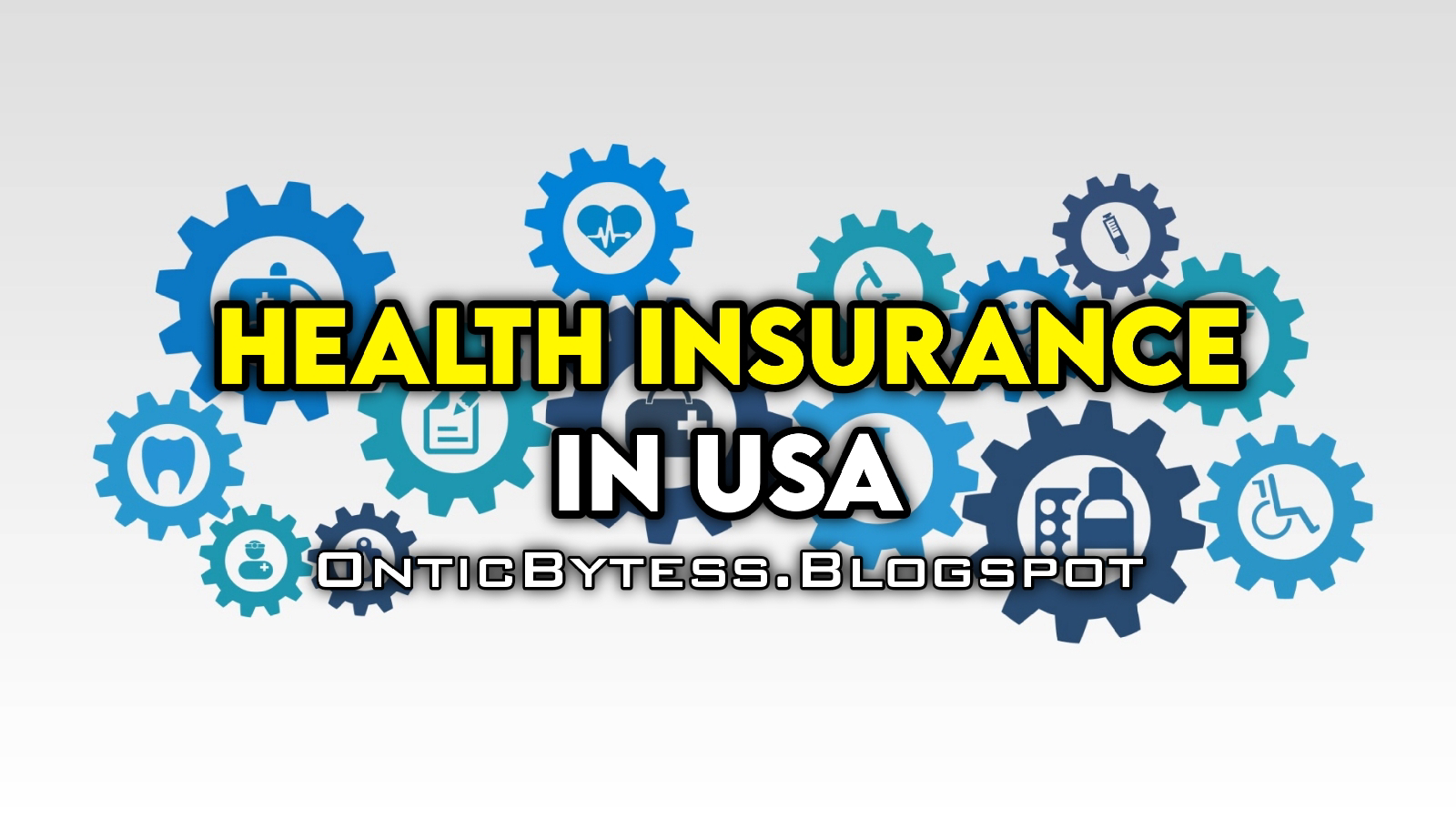Health insurance in the United States can be complicated and confusing, with many options and variables to consider. Understanding the intricacies and options of health insurance is key to ensuring individuals and families get the coverage they need to protect their health and financial well-being.
There are different types of health insurance plans, such as fee-for-service, health maintenance organizations (HMOs), preferred provider organizations (PPOs), and exclusive provider organizations (EPOs). , each type has its own advantages and disadvantages. Choosing a plan will depend on factors such as budget, healthcare needs, and provider preferences.
Health insurance costs can also vary widely, with premiums, deductibles, copays, and out-of-pocket maximums all contributing to the total cost of coverage. Some people may qualify for a subsidy to help offset the cost of insurance, while others may have to pay the full cost of the insurance.
It is essential to carefully review the details of any health plan before enrolling to ensure that it meets your healthcare needs and budget. This includes understanding the plan's network of health care providers, coverage exclusions or limitations, and additional benefits or services offered.
Overall, understanding the complexities and options of health insurance in the United States is essential to making informed decisions about coverage and ensuring that you get the protection you need for your health and well-being. its financial status.
Before buying health insurance in USA:
Before purchasing health insurance in the United States, there are several important factors to consider:
1. Budget: Determine how much you can afford for your health insurance premiums, deductibles, copayments, and other out-of-pocket expenses.
2. Health Care Needs: Consider your current and potential health care needs, including doctor visits, prescription drugs, and any chronic illnesses or medical problems.
3. Provider Network: Check to see if the health plan you're interested in covers your preferred providers and healthcare facilities, such as doctors or hospitals Your current.
4. Plan Type: Understand the different types of health plans available, such as fee-for-service, HMOs, PPOs, and EPOs, and choose one that best fits your needs and budget Your healthcare book.
5. Additional Benefits: Some health plans offer additional benefits, such as health plans, telehealth, or dental and vision coverage. Consider these benefits when choosing a plan.
6. Coverage Limits and Exclusions: Review your plan's coverage limits and exclusions to make sure the plan covers the medical care you need and doesn't exclude any services or any necessary treatment.
7. Pre-existing illness: If you have a pre-existing condition, check to see if the health insurance plan you are interested in will cover your condition and related medical care.
Overall, taking the time to carefully review and compare health plans can help you choose a plan that fits your health care needs and budget, providing essential protection. weakness and peace of mind.
How to apply for health insurance in usa:
The need for health insurance in the United States can vary depending on the type of plan you are interested in. Here are some general steps that can help you apply for health insurance:
1. Determine your eligibility: Check if you are eligible for government-sponsored health insurance programs such as Medicare, Medicaid, or CHIP (Children's Health Insurance Program). You can visit the official websites of these programs to see if you qualify.
2. Check if you're entitled to employer-sponsored coverage: If you're working, check with your employer to see if they offer health insurance benefits. If so, they may have specific application times and procedures that you must follow.
3. Explore the market: If you don't qualify for government-sponsored coverage or don't have access to employer-sponsored coverage, you can explore the health insurance market. The official marketplace website is Healthcare.gov. There you can enter your personal information, including income, and compare health insurance plans from different providers.
4. Choose a plan: Once you find a plan that fits your healthcare needs and budget, you can enroll in the plan. You may need to provide additional information, such as a social security number and income verification, when applying.
5. Pay your premium: After signing up for a plan, you'll need to pay a premium to activate your coverage. Your insurance company will give you instructions on how to do this.
It should be noted that the application process and requirements may vary depending on the type of plan you are interested in. You should carefully consider the specific requirements and procedures for each plan.
Benefit of health insurance in USA :
Health insurance offers many benefits for individuals and families, including:
1. Access to health care: Health insurance provides access to medical care, including doctor visits, hospitalizations, preventive care, and prescription drugs.
2. Financial Protection: Health insurance helps protect individuals and families from high health care costs by covering all or part of the cost of medical care.
3. Peace of mind: Knowing you have health insurance can give you peace of mind, reducing stress and anxiety related to emergencies or possible illnesses.
4. Preventive Care: Many health insurance plans pay for preventive care services, such as annual physicals, screenings, and immunizations, which can help individuals health care workers and early detection of potential health problems.
5. Improved health outcomes: Access to health care and prevention services can lead to better health outcomes, including improved quality of life and increased longevity. 6. Reducing medical debt: Health insurance can help reduce medical debt by covering some or all of the costs of medical care, helping individuals and families not face financial hardship due to Unforeseen medical condition bills.
Overall, health insurance provides essential protection and peace of mind, helping individuals and families access medical care, stay healthy, and avoid financial hardship caused by healthcare costs. Strong.
Thanks for reading my article.


